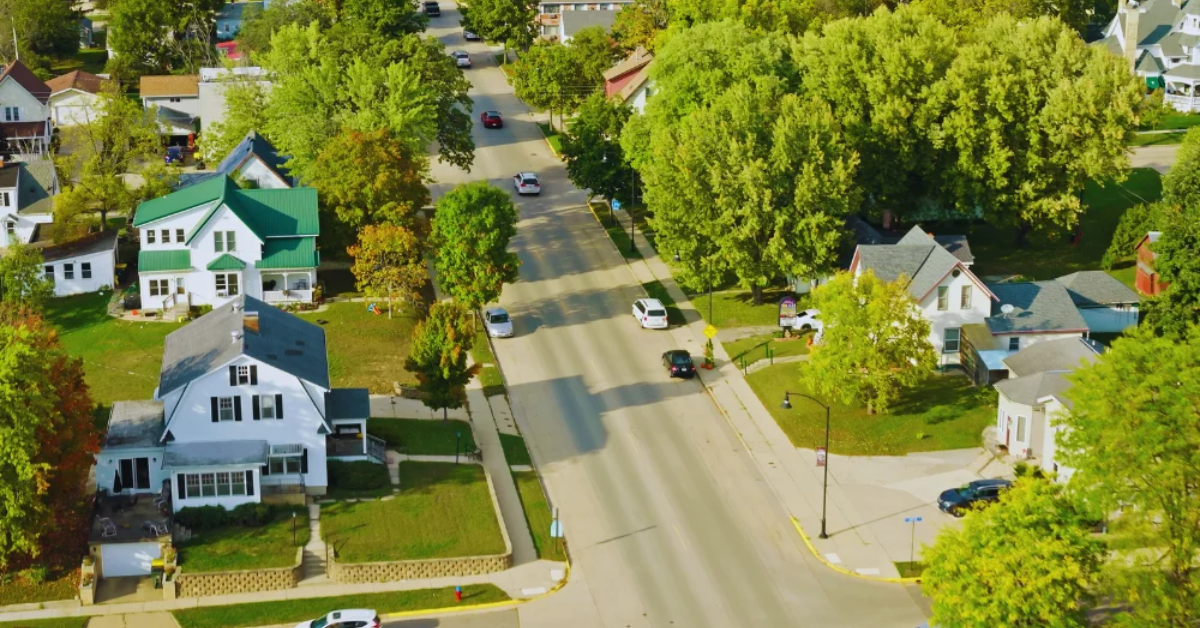
Rent increases can be a tough challenge for tenants, especially for young adults and students trying to manage their budgets. In Pennsylvania, rental laws are designed to balance the needs of landlords and tenants, but knowing what is legal and what rights you have is very important. As 2025 approaches, there are new updates and important points tenants must understand to avoid surprises.
This article breaks down the key rent increase laws in Pennsylvania for 2025 in a clear and simple way. Whether you rent an apartment in Pittsburgh or a house in Philadelphia, this guide will help you make smart decisions about your living situation and know when your landlord can raise the rent.
How Pennsylvania Regulates Rent Increases
Unlike some states, Pennsylvania does not have a statewide rent control law. This means landlords generally have the right to increase rent as much as they want. However, increases cannot be discriminatory or retaliatory, and proper notice must be given. For month-to-month leases, landlords must provide a 30-day written notice before raising rent. For fixed-term leases, rent cannot be increased during the lease period unless the lease agreement allows it.
For more details, you can visit the Pennsylvania Landlord and Tenant Act available through the official state website or trusted legal resources such as NOLO (nolo.com).
Notice Periods and Tenant Rights in 2025
In 2025, landlords must continue following the standard notification rules. To legally increase rent, a landlord must give tenants at least 30 days’ notice if they rent on a month-to-month basis. If your lease is for a longer term, like one year, your rent cannot be increased until the lease ends unless there is a clause allowing rent changes.
It’s important for tenants to carefully read their lease agreements and always keep a copy. If you receive a rent increase notice, make sure it is in writing and contains the correct time notice. If unsure, tenants can check legal options or local tenant rights groups for help.
What Tenants Can Do If Rent Increases Are Too High
While Pennsylvania does not cap rent increases, tenants are not powerless. If a rent hike seems unfair or excessive, tenants should try negotiating with the landlord. Sometimes landlords might be willing to discuss smaller increases or more flexible payment options. If negotiation fails, tenants can seek advice from local tenant unions or legal aid services.
For example, the Pennsylvania Housing Finance Agency offers resources and contact points for tenants needing assistance (phfa.org).
Special Circumstances: Rent Increases During COVID-19 Recovery
Some cities in Pennsylvania had temporary protections on rent increases or evictions due to the COVID-19 pandemic. As these rules expire, tenants should watch for changes but can expect a return to standard laws. Landlords now have more freedom to increase rent, but must still follow notice rules. Tenants facing economic hardship should communicate with landlords and seek local aid if needed.
Final Tips for Pennsylvania Tenants in 2025
Always keep good records of rent payments and any communication with your landlord. Stay informed by visiting official government sites or trusted tenant advocacy groups. Before signing any lease, ask about rent increase terms and how much notice you will get. This preparation will help you avoid surprises and ensure your rights are protected.
Remember, knowledge is power. Understanding Pennsylvania’s rent increase laws in 2025 can save you money and stress, making your rental experience much better.








